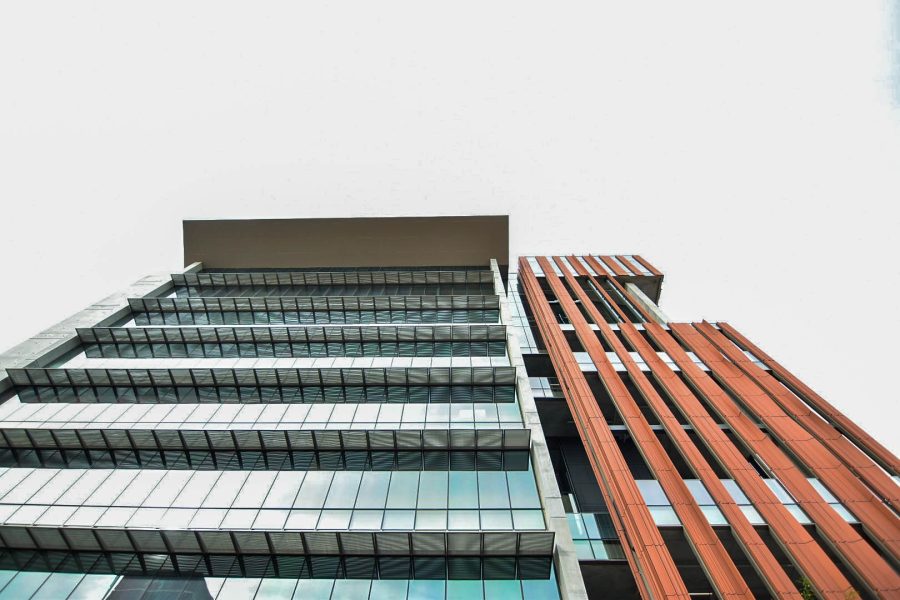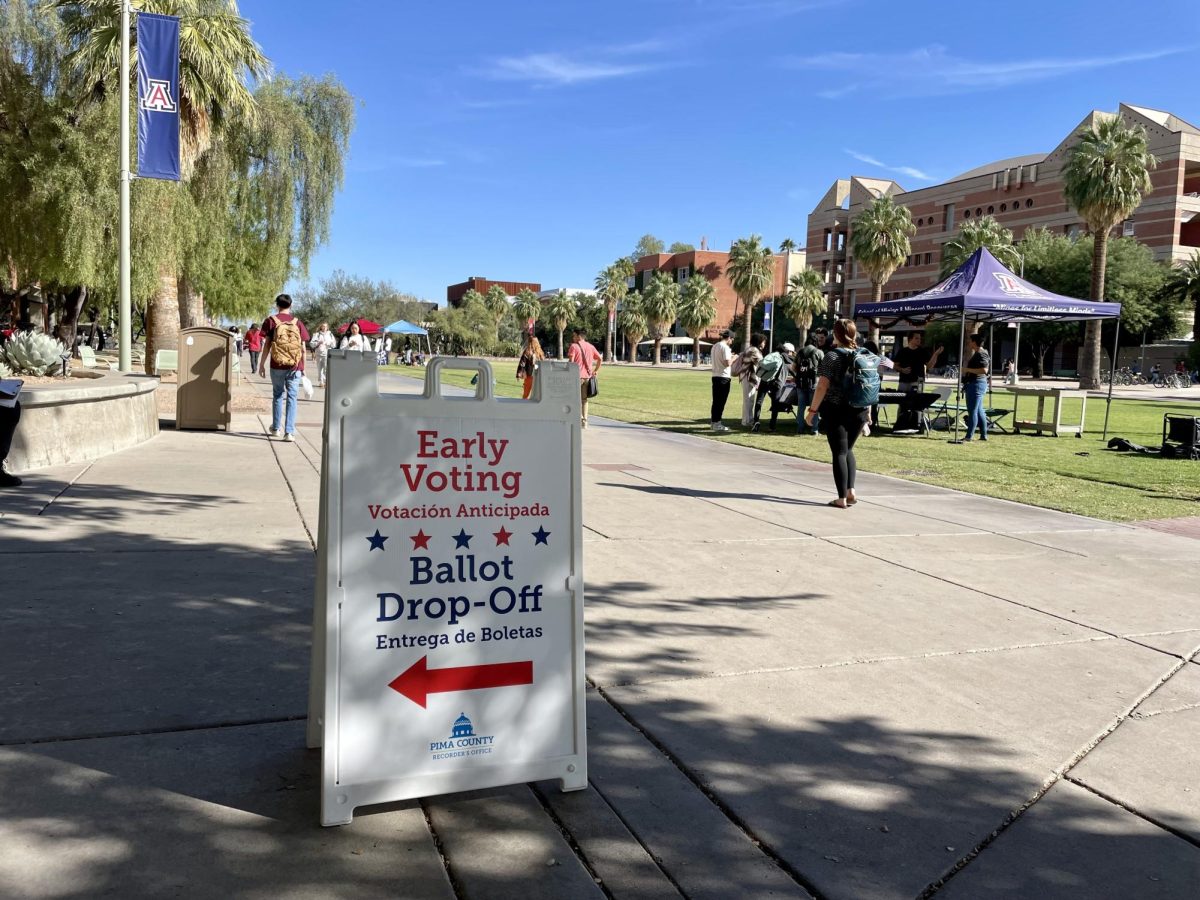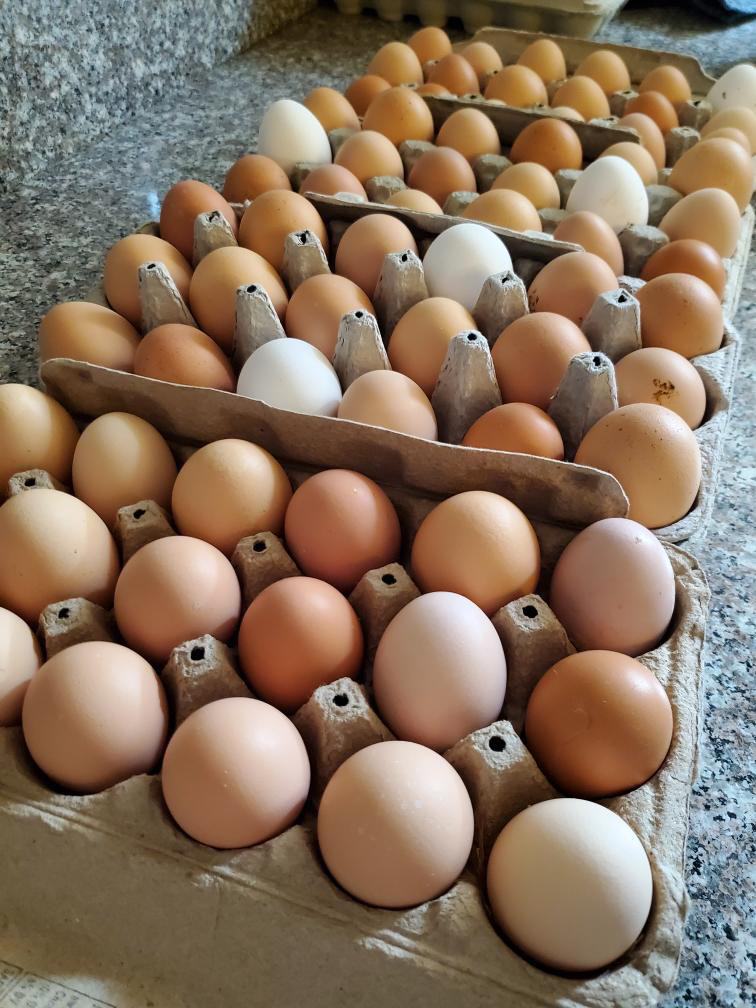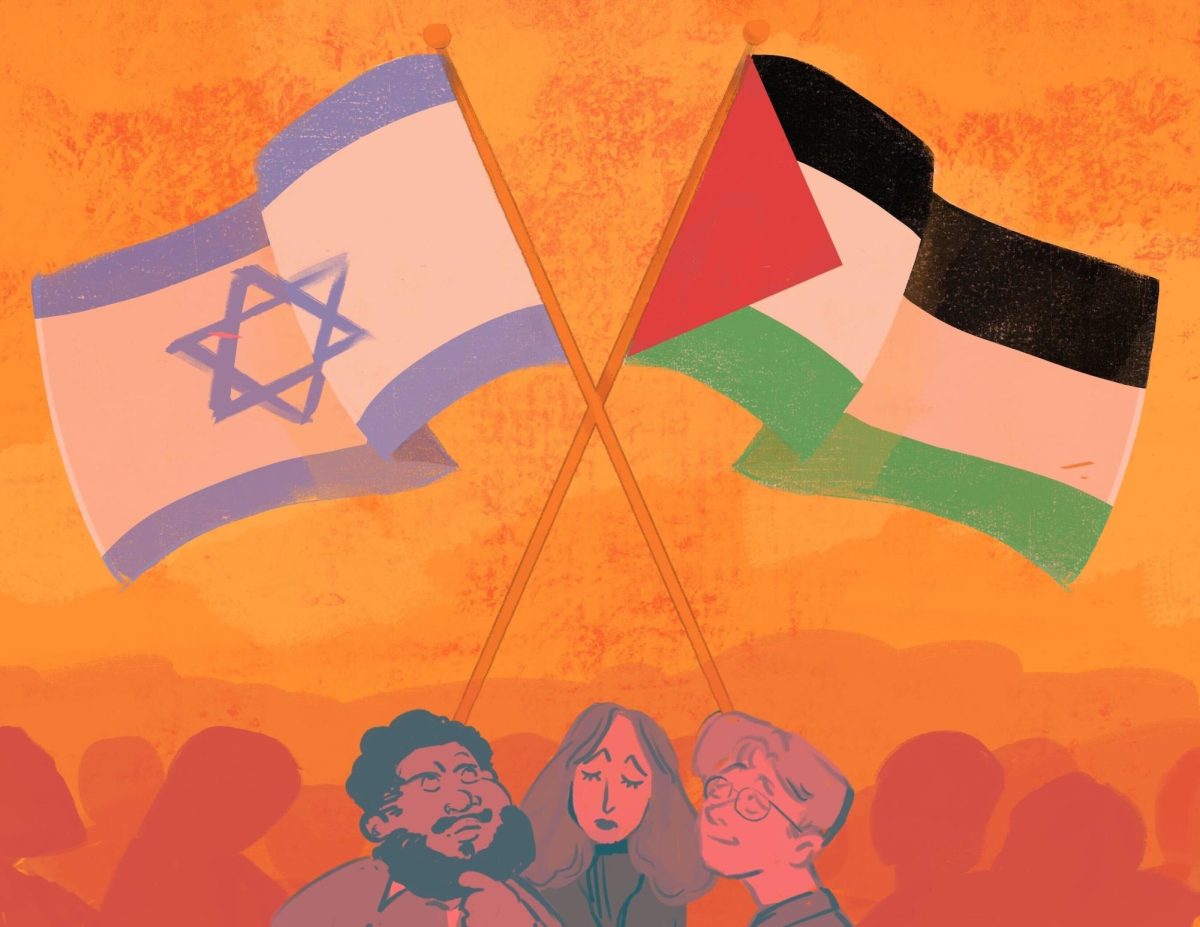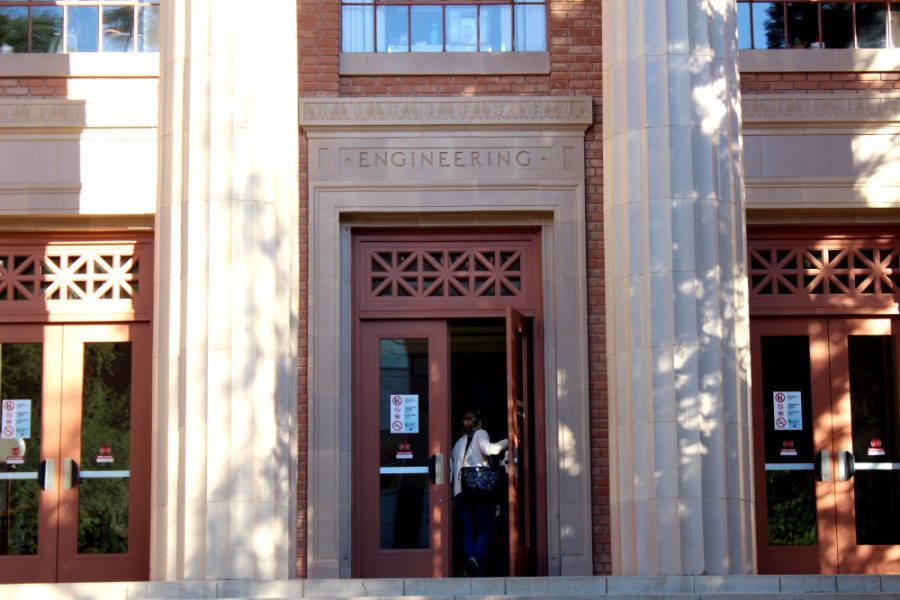University of Arizona Health Sciences’ affiliates and students are collaborating on a new program where trainees learn to support families with substance use disorders.
Project FUTRE, which stands for Families Uplifted Through Recovery Education, is the training program within the UA Health Sciences Comprehensive Pain and Addiction Center. This project is a $2.2 million, four-year grant that was funded by the Health Resources and Services Administration.
According to their website, the main goal of FUTRE is “to increase the number of behavioral health-related paraprofessionals qualified to provide services to children and families who are impacted by opioid use disorders and other substance use disorders.”
Rita Romero is a trainer within the program who focuses on the initial six-month training which specializes in parent and family support. Trainees should be people with at least a high school diploma and above 21 years old, who have had personal experience with addiction or mental illness.
“Not necessarily with firsthand lived experience, but rather, family lived experience,” Romero said. “We give them a lot of skills to work with people in training so they can get jobs in the public behavioral health system and help other families that are experiencing similar things that they’ve been through.”
Romero helps create the curriculum for the trainees, focusing on relating their personal experiences to their future clients. Sharing individual stories is an essential part of the training program.
“Nothing against formal education, because we work on an interdisciplinary team so I’m working with people that have different roles and each person is valuable, but there’s something about when you can meet a family or meet a person and say, ‘I’ve been here too, I’ve had a similar experience. I get what you’re feeling right now,’” Romero said. “It’s a different relationship you can have with that person, and even though it’s still professional, I think you’re able to meet them a little bit more mutually.”
Benjamin Brady is a UA alumnus who has partnered with Romero amongst others on the latter half of this paraprofessional training. According to Brady, FUTRE is trying to graduate 90 individuals over the four years that the grant has been allotted. Once they receive that certification, the goal is to have 45 individuals get placed into one-year apprenticeships.
RELATED: University of Arizona marks two-year anniversary of the COVID-19 pandemic
“My role on this project is to go around the state, figuratively, and call and meet with healthcare organizations, both behavioral health and integrated care organizations,” Brady said. “Those have been our two primary points of focus: to identify their interest and availability to become an employer partner.”
Once these trainees get an apprenticeship, Brady said he hopes their employer would continue to work with them. The exposure in both the initial training program with Romero and the apprenticeship should properly prepare these specialists to understand the value of a relationship with their patients and how to use their lived experience for good.
“The trainees are coming into the care setting, and they’re bringing with them expertise,” Brady said. “That’s both what they learned in the classroom and in the certification program, but they’re also bringing their life experience.”
Support specialists can bridge the gap between both patient and provider. Having a paraprofessional present allows the patient to ask all the questions that they either don’t feel comfortable telling their provider or simply do not have the time to.
“Patients can ask questions, get information, get educated and truly improve the quality of the care that they are receiving,” Brady said. “Healthcare itself is broadening from patient to provider or patient to physician, to being a much more comprehensive team, or, you know, caseworkers, social workers, nurses, nurse care practitioners … . The support specialist is one more layer that’s being added.”
Follow Annabel Lecky on Twitter



